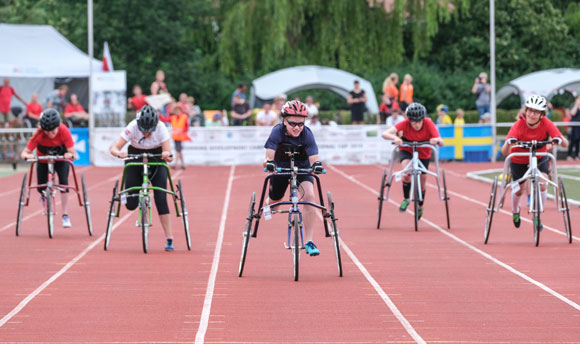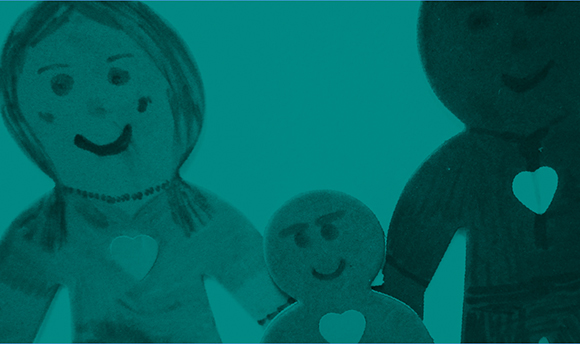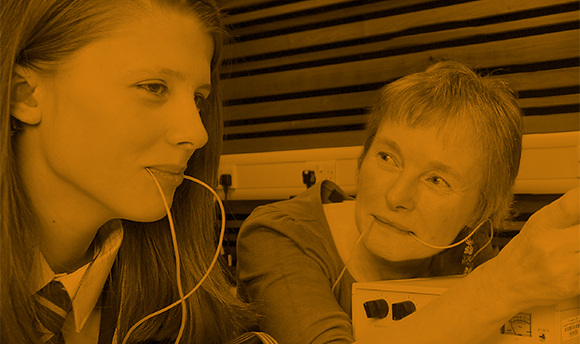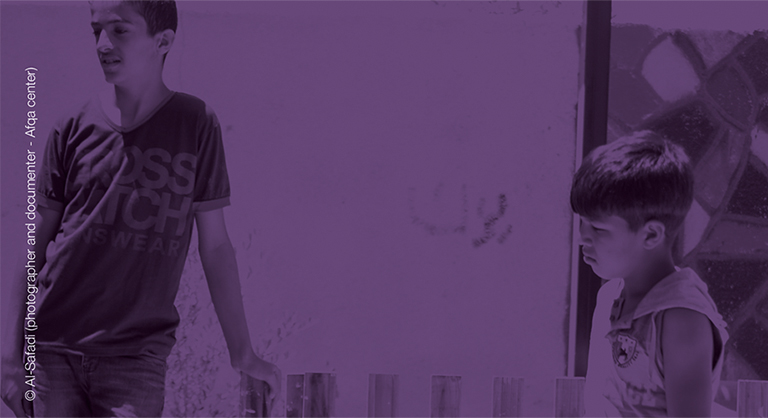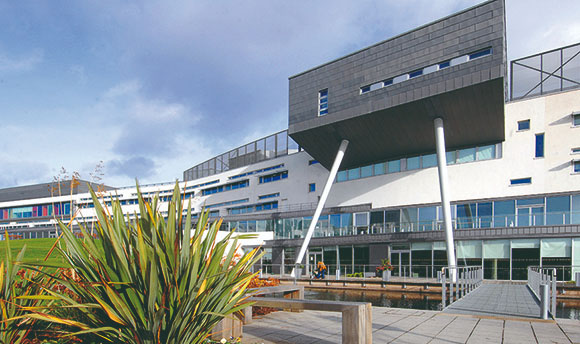Africa
The following are some of our research projects and outputs in Africa:
Institute for Global Health and Development
ReBUILD
Uganda, Zimbabwe, Sierra Leone, Cambodia
2017 - Present
An international partnership with Liverpool School of Tropical Medicine and Makerere University in Uganda working for improved access for the poor to effective health care in post-conflict countries. Find out more about the ReBUILD project
Optimising Health Systems: Implementation of Decentralised Care for Patients with Drug-resistant Tuberculosis
University of Cape Town, South Africa
2018 - Present
The aim of this Medical Research Council-funded project is to identify opportunities to for feasible, short- to medium-term interventions to improve decentralisation of services for patients with drug-resistant TB (DR-TB) in South Africa
Strengthening Evidence for Scaling of Psychological First Aid in Humanitarian Settings
Sierra Leone, Liberia
2016 - 2018
IGHD worked with the War Trauma Foundation on this R2HC-funded study to look at the deployment of Psychosocial First Aid (PFA) in the Ebola Response in Liberia and Sierra Leone, and its subsequent broader rollout across the health sector in these countries.
Channels of Hope for Child Protection
Senegal, Uganda, Guatemala
2018 - Present
IGHD researchers have supported the evaluation of strengthening community-based World Vision programmes seeking to mobilise local faith communities in promoting child protection. After pilot work in Malawi, impact research studies are currently underway in Senegal and planned for settings in Central Asia and Latin America.
NIHR Research Unit on Health in Situations of Fragility
Sierra Leone, Lebanon, El Salvador
2017 - Present
The NIHR Research Unit on Health in Situations of Fragility (RUHF) focuses on contexts where displacement, conflict, pandemic disease or weak capacity makes the delivery of health services especially challenging. Although its work seeks to be of wide relevance to the delivery of healthcare in situations of fragility, RUHF especially focuses on two vital but commonly neglected areas of health provision in these contexts: mental health and psychosocial support and the treatment and prevention of non-communicable diseases such as diabetes and heart disease. RUHF Researchers at the QMU’s Institute for Global Health and Development (IGHD) work closely with the Unit's collaborative partners -the Global Health Institute, American University of Beirut (AUB), Lebanon, and the College of Medicine & Allied Health Science (COMAHS), Freetown, Sierra Leone.
Verbal Autopsy with Participatory Research
Witwatersrand University, South Africa
2018 - Present
Witwatersrand University, University Of Aberdeen. A Global Challenges Research Fund (GCRF) programme strengthening health systems in South Africa through people-centred and comprehensive primary care approaches to leverage inter-sectoral action.
Balancing safety and good care in the context of infectious disease outbreaks: learning health systems for infection prevention and control in Uganda (BASYC)
Uganda
2022 - 2024
Founder: This work is supported by a grant from the Health Systems Research Initiative with funding from the Foreign, Commonwealth and Development Office, the UK Medical Research Council and Wellcome, in collaboration with the UK Economic and Social Research Council (grant no. MR/V015192/1).
Partners: Makerere School of Public Health, Uganda; Institute of Tropical Medicine, Antwerp; London School of Hygiene and Tropical Medicine.
Harnessing institutional and individual memory and experience of responding to past infectious disease outbreaks is critical yet neglected in current epidemic preparedness systems. In resource-poor and fragmented health systems experiencing infectious disease outbreaks including Coronavirus disease, health care workers (HCW) negotiate globalised standards for infection prevention control (IPC) under locally specific conditions and constraints: both in everyday ‘routine’ working environments and in times of crisis, decisions are made at individual and institutional levels that balance the need to care alongside that to protect. Set in Uganda, a country that has experienced multiple ID outbreaks in recent decades, this project applies a relational approach to the study of IPC measures in the context of care provision in health facilities and communities. Our aim is to contribute to the learning health system for epidemic preparedness during and beyond the COVID-19 crisis. Through collaborative exchange with relevant stakeholders at national and regional level, our project will deliver findings to inform health protection practices and protocols, optimise safe and compassionate care for vulnerable populations, and strengthen learning health systems for future epidemics both within and beyond Ugandan borders.
Reducing the burden of severe stigmatising skin diseases (REDRESS)
Liberia
2019 - 2023
Founder: NIHR
Partners: Liverpool School of Tropical Medicine; The Ministry of Health, Liberia; Action Transforming Lives (ACTS); University of Liberia, Pacific Institute for Research and Evaluation (UL-PIRE); AIM Initiative; Effect Hope; and Queen Margaret’s University.
Liberia is one of the first countries globally to develop an integrated package of care for SSSDs. This means managing diseases with signs on the skin (e.g. lymphatic filariasis, hydrocele, leprosy, Buruli ulcer, yaws and onchocerciasis), through a combined approach at the local clinic. This project brings together globally recognised expertise in SSSDs, to gather evidence about patient knowledge, priorities and experiences and the equity and effectiveness of the current approach.
VAPAR: Verbal Autopsy with Participatory Action Research: Expanding the knowledge base through partnerships for action of equity
South Africa
2019 - 2023
Founder: The research is supported by the Health Systems Research Initiative from Department for International Development (DFID)/ Medical Research Council (MRC)/ Wellcome Trust/ Economic and Social Research Council (ESRC) (MR/N005597/1, MR/P014844/1)
Partners: VAPAR is a multi-partner research project, with collaboration between Queen Margaret University, University of Aberdeen, Mpumalanga Department of Health, University of Witwatersrand, Johannesburg and Umeå University, Sweden. To find out more about specific people working on this project as well as other project partners, see the People & Partners page on the VAPAR website
Many deaths in low- and middle-income countries occur because of exclusion from health systems, due to financial, bureaucratic or geographical issues, as well as wider factors which affect health. The research in this project aims to understand why these barriers may exist and provide the evidence to groups at all levels of the health and other public administrative systems in order to make positive change. Work completed through IGHD at Queen Margaret University will contribute to all areas of the project, including analysis of existing evidence from verbal autopsy and engagement with communities in Mpumalanga; feeding that evidence into an action research cycle, involving communities and multi-sectoral actors; and assessing and fine-tuning the programme approach over a repeated cycle. The aspiration is to contribute to more participatory approaches in the health and other sectors longer term in South Africa and beyond, contributing to better governance and public engagement. Find out more at the main VAPAR webpage
Centre for Applied Social Sciences
Kilifi Secondary School Girls' Project
Kenya, Manarani Secondary School, Pwani University
2018 - Present
Research project studying a small sample of secondary school girls in order to explore their lived experience of transitioning into adulthood, identifying barriers to their retention at school or progress to university as well as their resilience strategies.
<Project Name>
Sydney, Australia
2018- Present
<Project Details> details to be added here details to be added here details to be added here details to be added here details to be added here details to be added here details to be added here details to be added here details to be added here details to be added here details to be added here details to be added here details to be added here details to be added here details to be added here
